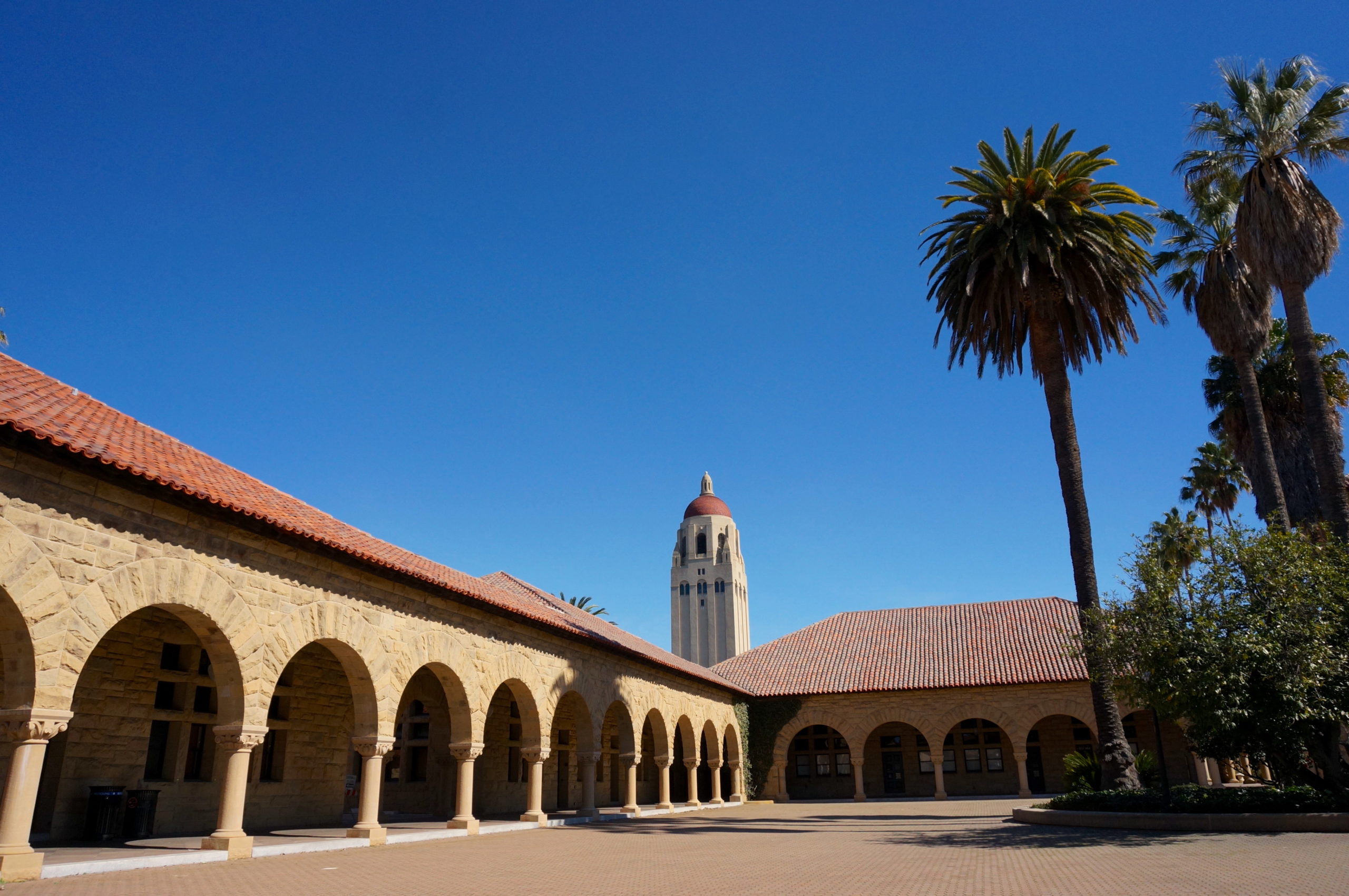Stanford President Richard Saller and Provost Jenny Martinez wrote that the safety and well-being of students is a University priority amid the Israel-Hamas war, in a statement sent to students Monday, as they started winter quarter classes.
Saller and Martinez wrote they are aware of the “deep pain and concern” felt by numerous individuals in the community. They also acknowledged the presence of differing perspectives within Stanford’s campus regarding the Israel-Hamas war, the upcoming U.S. presidential election and other topics.
They wrote that the University “should provide an intellectual environment that is challenging — one in which we encounter and engage with ideas that are different from our own.”
The email, which was sent on the first day of winter quarter, stated that the Antisemitism, Bias, and Communication Subcommittee of the Jewish Advisory Committee as well as the Muslim, Arab, and Palestinian Communities Committee have been working to address concerns from the community and provide recommendations.
This is the fourth community-wide email that Saller and Martinez have sent regarding the Israel-Hamas war. The third, which was sent on Dec. 8, 2023, condemned genocide and was distributed widely on Instagram and X (formerly Twitter).
In the Monday email, Saller and Martinez acknowledged the ongoing challenges faced by higher education institutions in the U.S. Though they did not specify which challenges they were referring to, university leadership at MIT, Harvard and the University of Pennsylvania have all received backlash following congressional hearings in December regarding antisemitism. The president of Harvard, Claudine Gay ’92, and the president of the University of Pennsylvania, former Stanford Law School Dean Elizabeth Magill, have since resigned.
The email emphasized the importance of a physically safe campus for all students and wrote the University has implemented more precautions to ensure student security.
The Daily has reached out to the University for comment on specific safety precautions.
Saller and Martinez concluded the email by urging community members to learn from one another’s ideas and views.
“And, at our best, we seek to demonstrate care, warmth, and respect for each other as members of one Stanford community,” they wrote. “Let us continue working to do both in the year ahead.”
